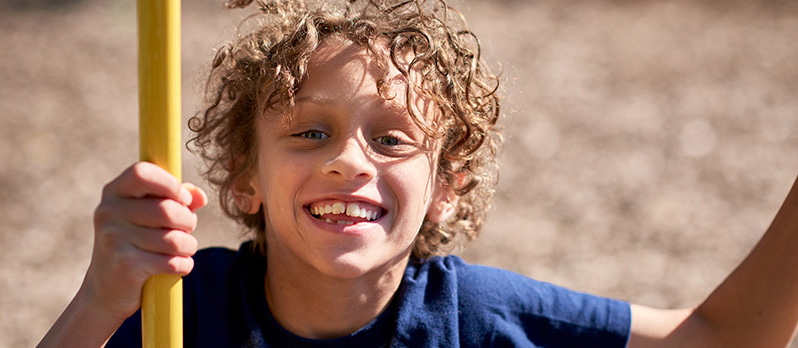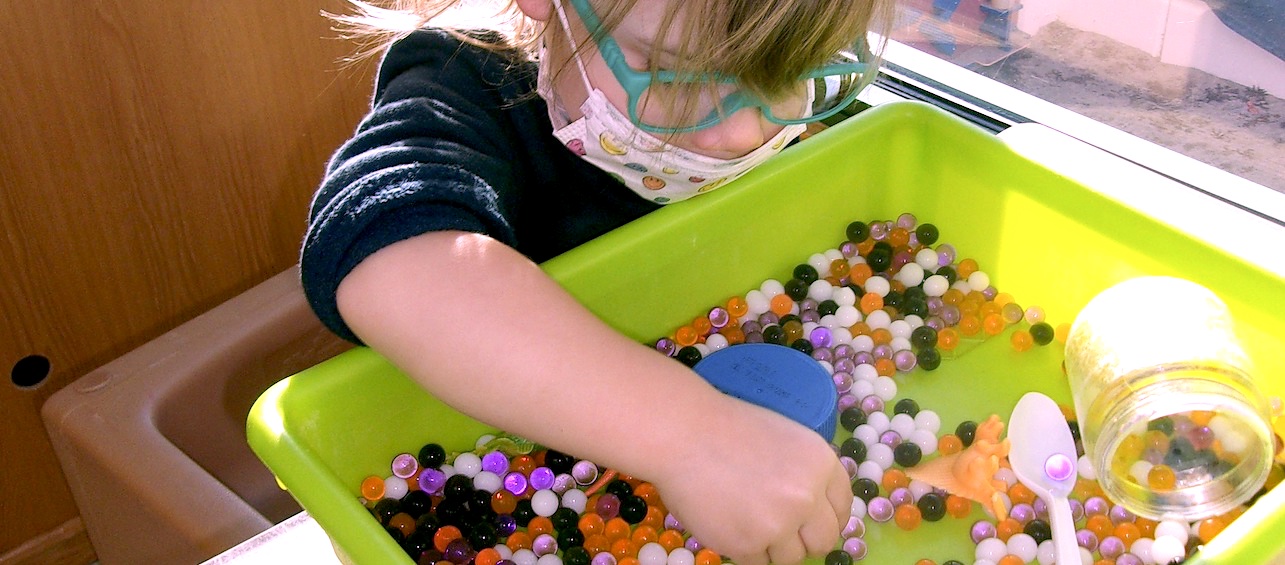At our Drug & Poison Information Center, we answer a lot questions about caffeine and its safety in young kids. Is it bad for them? How much is too much?
They are seemingly simple questions, but the answers are more complicated. That’s because there isn’t a lot of data on pediatric use. In particular, there is limited information about the long-term use and safety in kids.
From a pharmacologic and medical standpoint, here are the top concerns with caffeine consumption in young children:
Tops Concerns with Caffeine in Young Kids
1. Short-term side effects
Kids can be particularly sensitive to caffeine. The side effects can last for up to six hours. In the short-term, caffeine can cause:
- Jitteriness, nervousness or restlessness
- Upset stomach, such as nausea, vomiting and diarrhea
- Sleep problems
- Scatterbrained thoughts and actions
- Increased heart rate
- Seizures and cardiac arrest, when a child overdoses
2. Long-term implications
There is not a lot of data on the long-term effects of caffeine use in kids. However, the medical community is concerned about caffeine’s potential for cardiovascular effects, bone and calcium imbalance, impairments in neurological development, neuropsychiatric effects, and dependence.
3. No guidelines for young children
We do not have a reference point to guide parents on the safe amount of caffeine to consume. The American Academy of Pediatrics suggests that children under the age of 12 should not consume any caffeine-containing food or drinks. They do, however, state that adolescents between the ages of 12-18 limit their consumption to no more than 100 mg a day.
4. Other health concerns
We also need to consider why kids are drinking caffeine. Is it because they’re tired? If they’re sleepy, getting more rest at night is the best solution. Is it because it’s readily available in the places where they spend most of their time? Consider removing it from the house or putting it out of their reach, as there are plenty of healthier alternatives. In addition, the caffeine-laden drinks that are the most appealing to children, such as soda, often contain large amounts of sugar. Consuming sizable amounts of sugar has it’s own set of potentially detrimental concerns.
Because there is limited information about the safety of caffeine consumption in young kids, and in particular its long-term use, we recommend limiting it as much as possible.
If you have concerns about your child’s consumption of caffeine, or you suspect that they have had too much, please do not hesitate to contact your Drug and Poison Information Center at 800-222-1222. We will learn more about the situation and help you determine potential next steps to take.






